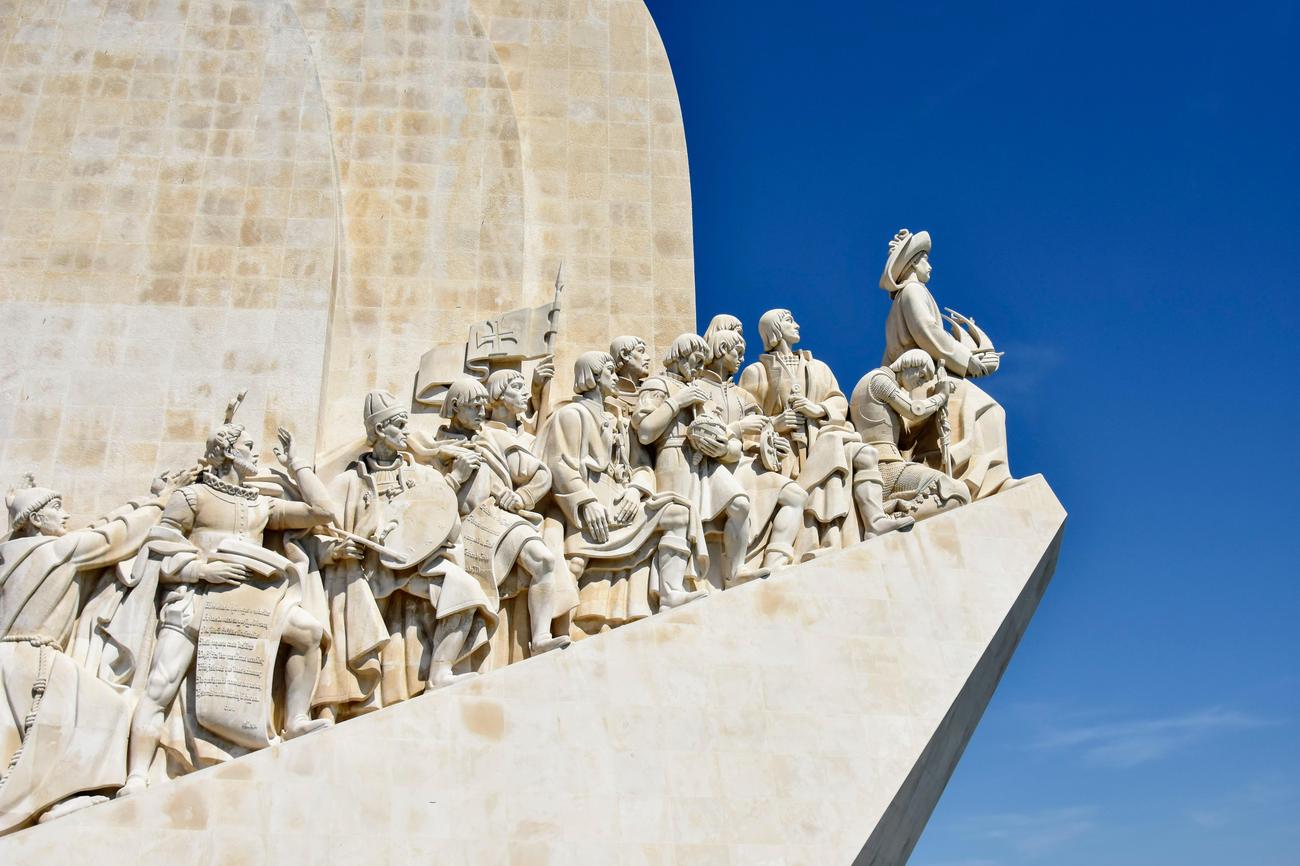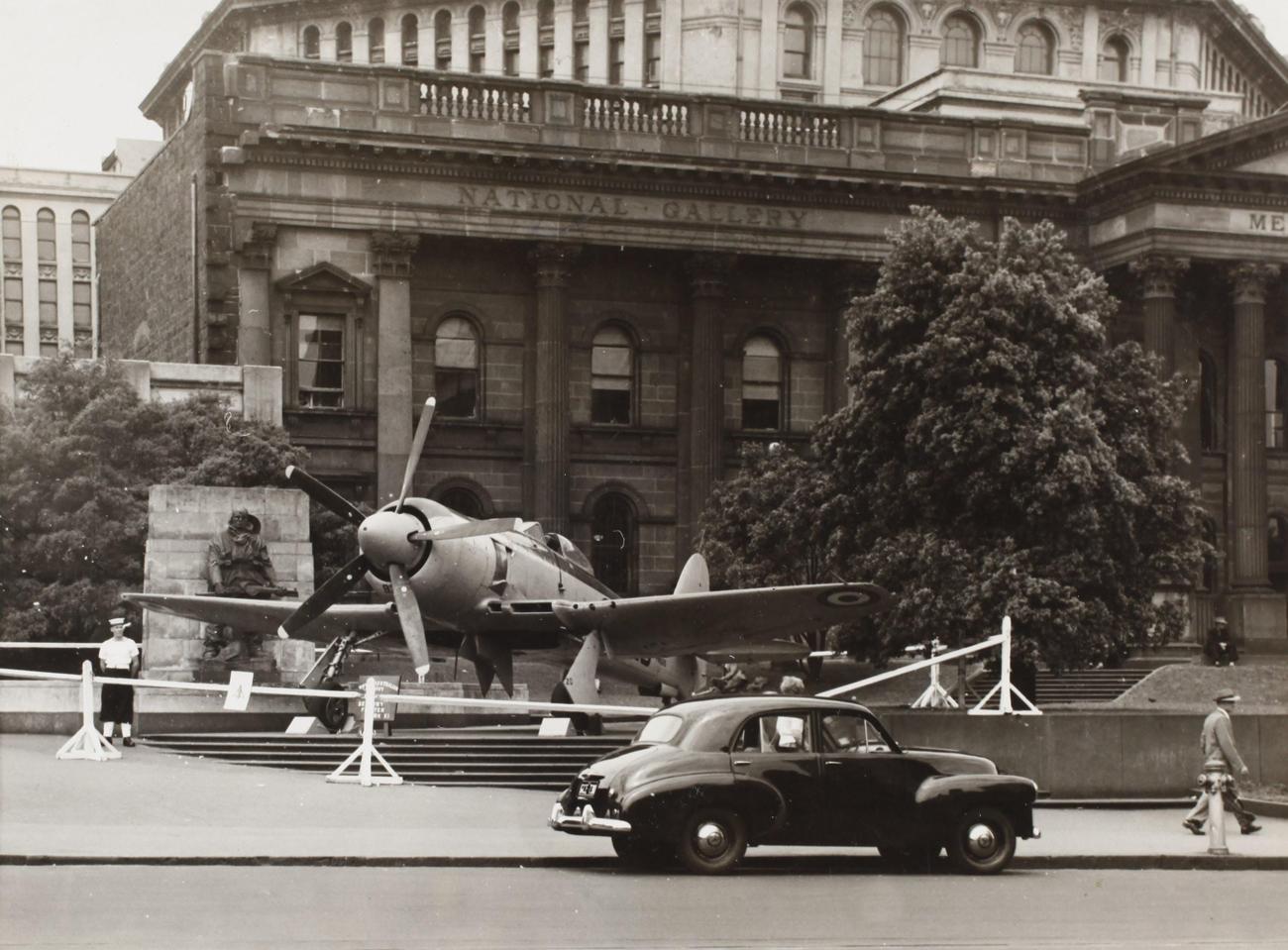Are you ready to journey into the captivating world of Malawi’s hidden histories? Prepare to be enthralled as we uncover the untold stories of this remarkable nation’s past. In this article, we will explore a myriad of historical events that have shaped Malawi’s landscape and delve into the often-overlooked narratives, conflicts, and societal transformations that define its rich heritage. Get ready to embark on a riveting expedition through time, as we unearth the secrets and revelations that lie within Malawi’s fascinating history.

Historical Events in Malawi
Malawi, known as the “Warm Heart of Africa,” is a country rich in history, with a tapestry of events and stories waiting to be unearthed. In this article, we will delve into some of the key historical events in Malawi, shedding light on the diverse narratives, conflicts, and societal transformations that have shaped this nation’s heritage.
Pre-Colonial Era: The Maravi Empire and Trade Routes
Before the arrival of European colonial powers, the Maravi Empire flourished in what is now modern-day Malawi. The Maravi people established a powerful kingdom that stretched across the region, showcasing their advanced agricultural practices, vibrant trading networks, and cultural richness. They developed robust trade routes, connecting the region to the Indian Ocean through the famous Swahili coastal cities, such as Kilwa. This exchange of goods and ideas paved the way for the formation of diverse ethnic groups in the area.
“The Maravi Empire laid the foundation for Malawi’s cultural diversity, contributing to the vibrant tapestry of the nation.”
Colonial Rule and the Arrival of David Livingstone
The late 19th century marked a pivotal moment in Malawi’s history with the arrival of European colonizers. British missionary and explorer, David Livingstone, ventured into the territory, seeking to end the Arab slave trade. His explorations paved the way for British colonization, as the region was then known as Nyasaland. Malawi was profoundly impacted by British colonial rule, as it brought significant changes to the social, political, and economic landscapes of the country.
“David Livingstone’s arrival heralded an era of transformation and laid the groundwork for the colonization of Malawi.”
Colonial Oppression and the Rise of the Nyasaland African Congress
Under colonial rule, the Malawian people faced various forms of oppression, including forced labor and land dispossession. However, the people’s resistance began to grow. The Nyasaland African Congress (NAC), led by prominent figures such as Dr. Hastings Kamuzu Banda, emerged as a powerful force advocating for self-governance and independence from British rule. Their efforts laid the foundation for Malawi’s future as an independent nation.
“Amidst colonial oppression, the Nyasaland African Congress emerged as a beacon of hope, championing the rights and aspirations of the Malawian people.”
Independence and the Banda Era
On July 6, 1964, Malawi gained independence from the British, ushering in a new era. Dr. Hastings Kamuzu Banda became the country’s first president and held power for over three decades. The Banda era was characterized by authoritarian rule, with limited political freedoms and human rights abuses. However, the country also witnessed significant development in infrastructure, education, and health sectors.
“The attainment of independence marked a turning point for Malawi, as the nation embarked on a journey of self-governance and development.”
Transition to Multi-Party Democracy
In the early 1990s, Malawi experienced a wave of pro-democracy movements that called for greater political pluralism and the end of one-party rule. Pressure from civil society, the international community, and the Malawian people culminated in the peaceful transition to multi-party democracy in 1994. The first multi-party elections saw Bakili Muluzi elected as the country’s president, symbolizing a new chapter in Malawi’s history.
“The transition to multi-party democracy marked a significant milestone for Malawi, laying the groundwork for a more inclusive and participatory political system.”
Conclusion
Malawi’s history is a complex tapestry of events that have shaped the nation’s identity. From the mighty Maravi Empire to the struggles for independence and the transition to democracy, each historical event has contributed to the diverse fabric of Malawi’s heritage. By understanding and exploring these events, we gain a deeper appreciation for the challenges overcome and the resilience of the Malawian people.
So join us as we uncover the hidden histories of Malawi and embark on a journey of discovery through the fascinating historical events that have shaped this nation.
“By unearthing Malawi’s historical events, we shed light on the untold stories that have defined the country’s past and continue to shape its present and future.”
Malawi, often referred to as the “Warm Heart of Africa,” is a country rich in history and culture. If you’re a history buff or simply curious about this beautiful nation, you won’t want to miss out on these fascinating historical facts. Discover the captivating stories of Malawi’s past, from its ancient civilizations to its colonial era, by clicking here: 5 historical facts about Malawi. Prepare to be amazed as you delve into the depths of Malawi’s intriguing past.

FAQ
Question 1: What are some significant historical events in Malawi?
Answer 1: Some significant historical events in Malawi include the struggle for independence from British colonial rule, the reign of President Hastings Banda, the transition to multiparty democracy in the 1990s, and the electoral and political challenges faced by the country.
Question 2: How did the struggle for independence in Malawi unfold?
Answer 2: The struggle for independence in Malawi began in the 1950s with the formation of political parties and grassroots movements advocating for self-governance. The Malawi Congress Party, under the leadership of Dr. Hastings Banda, played a crucial role in mobilizing support for independence. The country finally achieved independence on July 6, 1964.
Question 3: What were the key policies and characteristics of President Hastings Banda’s reign?
Answer 3: President Hastings Banda, who ruled Malawi from 1964 to 1994, implemented a strict one-party system and exerted autocratic control over the country. His policies aimed to consolidate power and suppress political opposition, leading to human rights abuses and limited freedom of expression.
Question 4: How did Malawi transition to multiparty democracy?
Answer 4: The transition to multiparty democracy in Malawi began in the early 1990s when pro-democracy movements and civil society organizations demanded political reforms. Pressure from both domestic and international actors, coupled with economic challenges and public discontent, led to the holding of the first multiparty elections in 1994, which marked the end of President Banda’s authoritarian regime.
Question 5: What are some current challenges in Malawi’s electoral and political landscape?
Answer 5: Malawi continues to face challenges in its electoral and political landscape. Issues such as corruption, voter apathy, and the need for electoral reforms have been significant concerns. Recent elections have faced legal disputes and allegations of irregularities, highlighting the importance of strengthening democratic institutions and promoting transparency in the electoral process.
- Unlock Water’s Symbolism: A Cross-Cultural Exploration - April 20, 2025
- Identify Black and White Snakes: Venomous or Harmless? - April 20, 2025
- Unlocking Potential: Origins High School’s NYC Story - April 20, 2025















